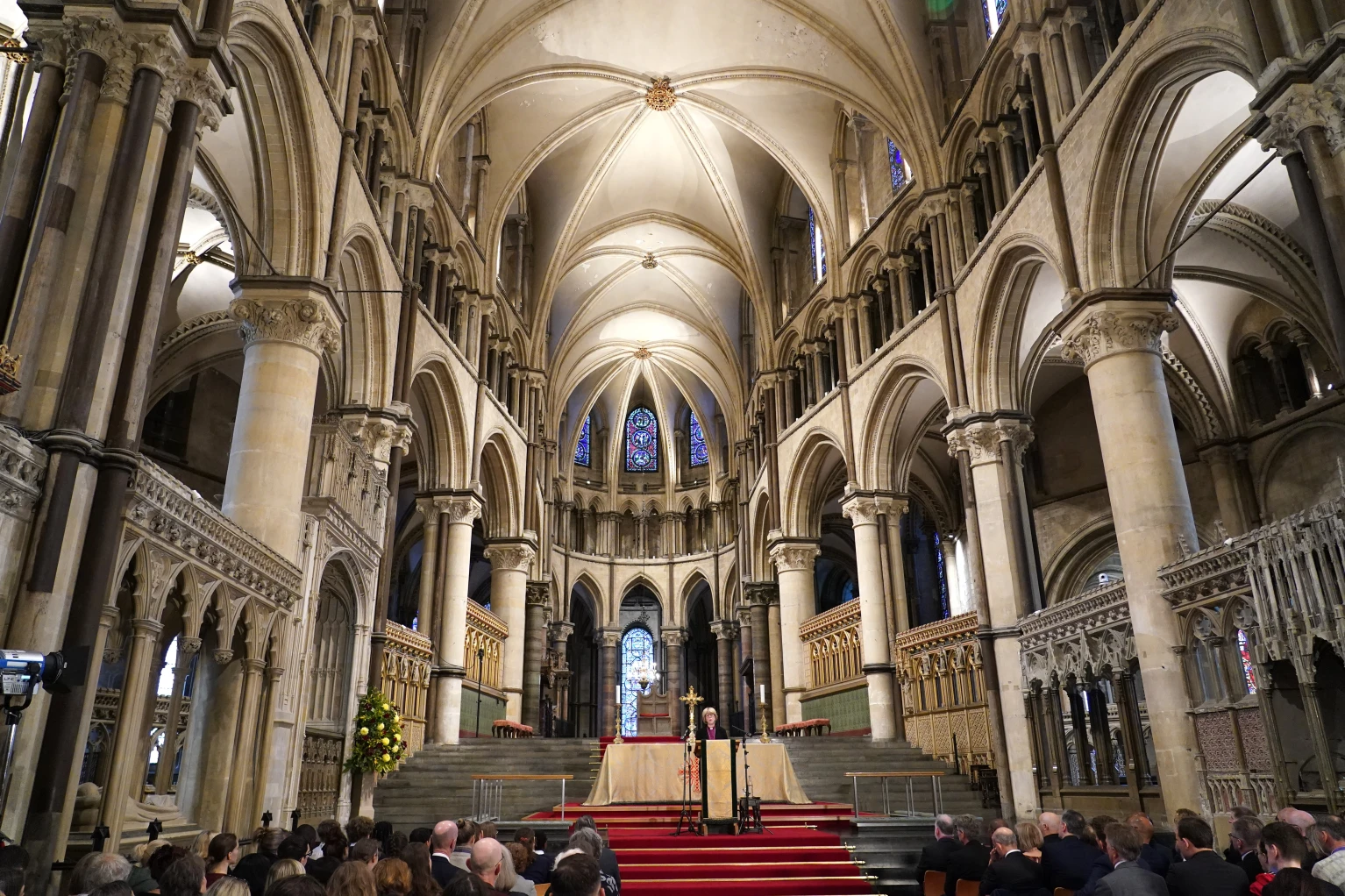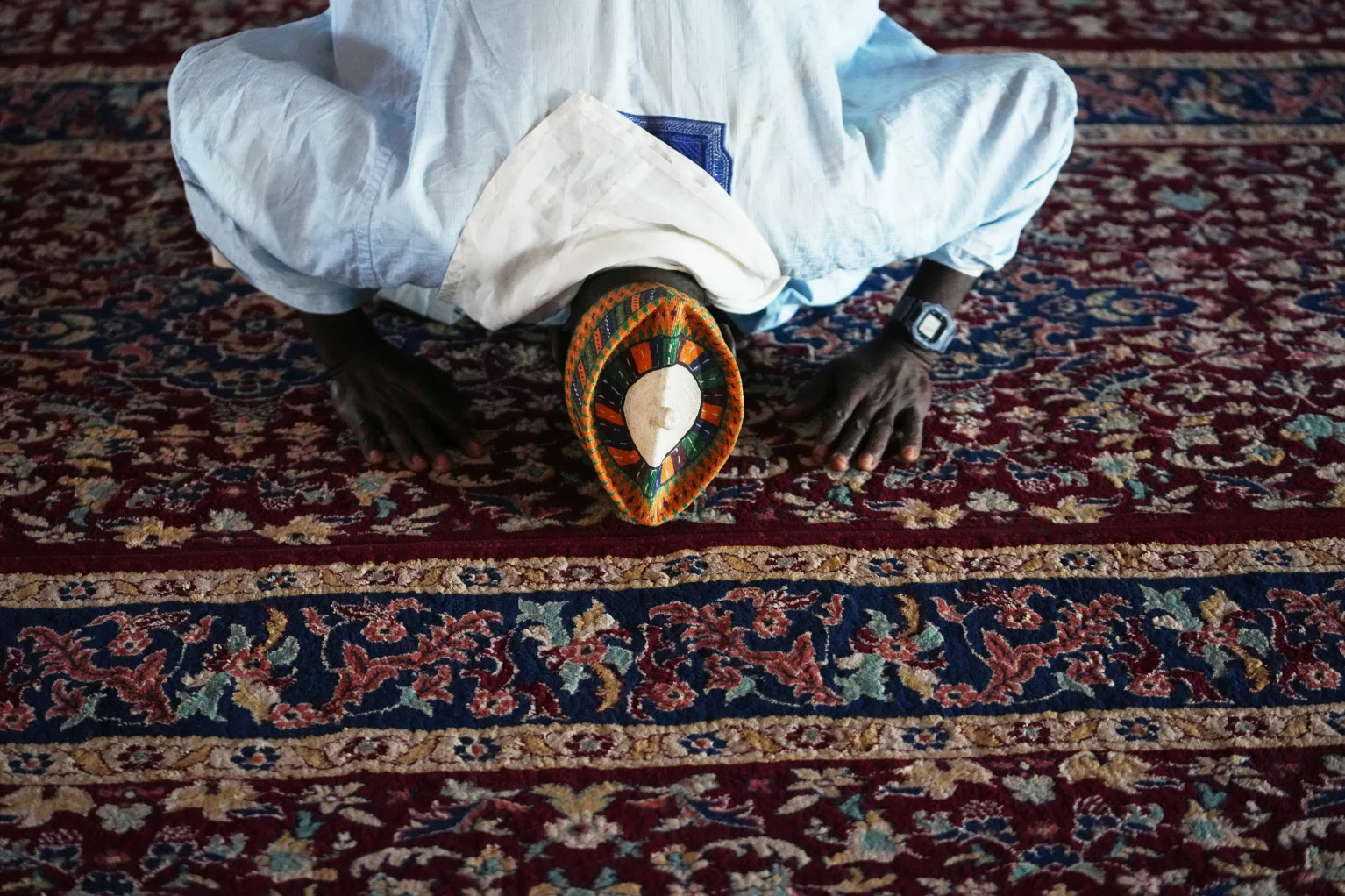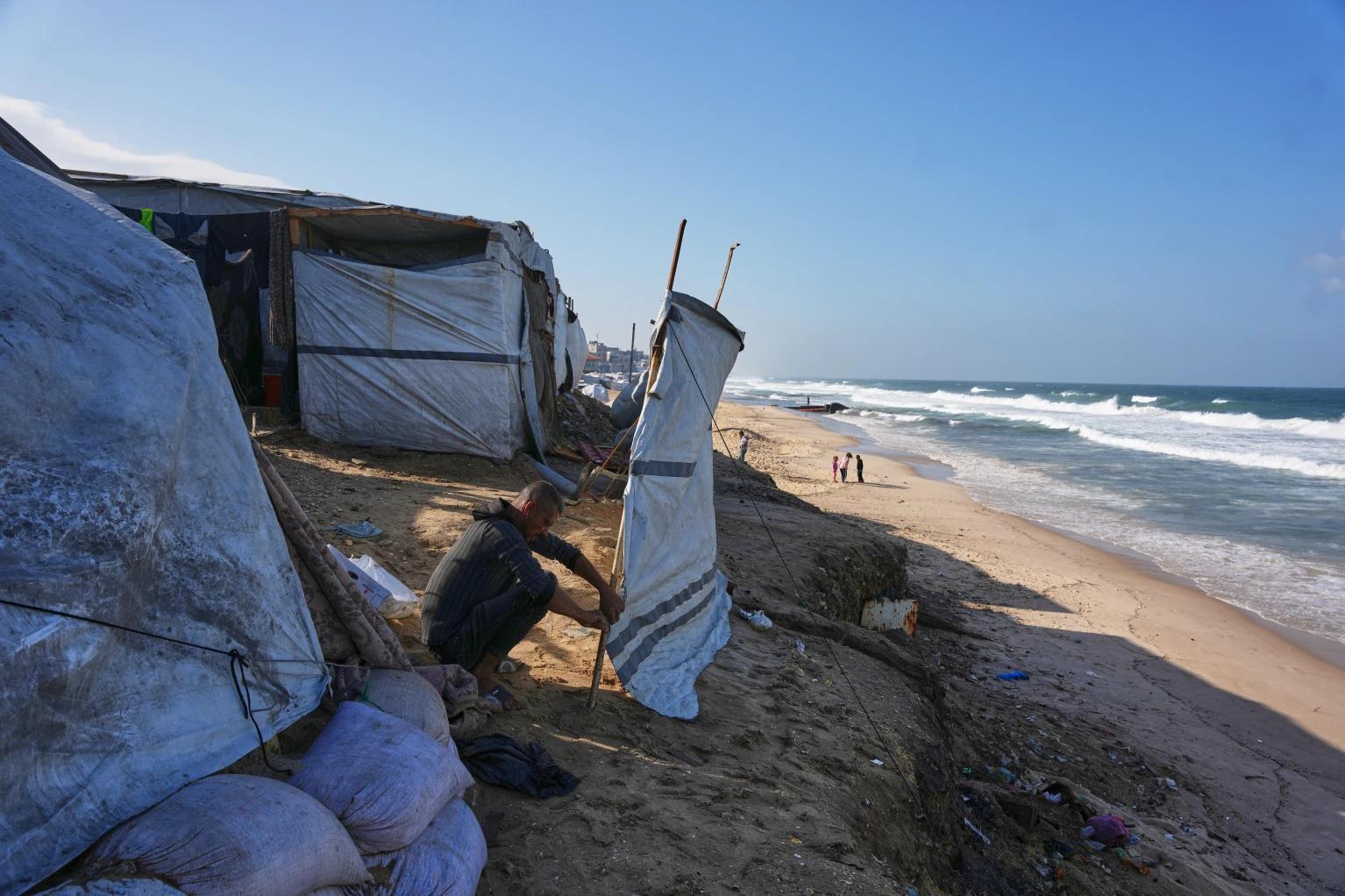
The widow of Jamal Khashoggi believes Fifa and Saudi Arabia should commemorate his death as part of the World Cup when it is held in the kingdom in 2034.
Hanan Elatr, who was granted political asylum in the US in 2023, five years after Khashoggi was killed and dismembered at the Saudi consulate in Istanbul, says she would like to discuss her ideas for how he can be honoured with football’s world governing body.
“I would love to meet with a member of Fifa,” she says. “I would love them to honour my husband, and I want to cooperate with them. They should not forget the crime against Jamal, an innocent journalist.
“They’re in a position to honour his legacy. They could name a stand in a stadium after him, or print his picture on tickets for the public. His sacrifice should be valued, not neglected.” Fifa did not respond when contacted.
Hanan has been living in exile in Virginia since Khashoggi’s death and has devoted herself to upholding his legacy. When Saudi Arabia was named as host of the 2034 World Cup by Fifa in December, there was criticism from activists and non-governmental organisations over the country’s human rights record.
These include severe restrictions levied on women, free speech, the country’s LGBTQ+ community and fears over the conditions that may be faced by Saudi’s 13 million migrant workers. Amid these wider issues, Khashoggi’s name continues to be spoken in connection with concerns about Saudi Arabia’s growing influence in sport.
The United States has blamed Mohammed Bin Salman (MBS), Saudi Arabia’s crown prince, for ordering the journalist’s murder, which it says was carried out by a 15-man team who reported directly to MBS. Khashoggi had been critical of the Saudi government in his columns for the Washington Post.
MBS told US television show 60 Minutes, he accepted “full responsibility” for the “heinous crime… especially since it was committed by individuals working for the Saudi government”, but replied, “Absolutely not” to a question asking if he ordered the killing.
Today, MBS is the man at the centre of Saudi Arabia’s World Cup bid having led Vision 2030, a programme of reforms and development, of which the 2034 tournament is a part. Khashoggi died before the inception of the Saudi World Cup bid, but he had extensively discussed his thoughts on MBS’ broader project. So what would he have made of the country hosting the world’s most-watched sports event?
“To the people still concerned about Jamal, I really appreciate and admire them for remembering him,” she says.
“He would have been very happy his country got the opportunity of a World Cup. He didn’t want his country to be a barrier. He wouldn’t want his whole country to suffer because a small group of people took the life of an honest man. He wouldn’t want his country to have a bad relationship with the rest of the world.
“But at the same time, he would criticise the contradictions of Saudi Arabia: they are moving towards sport, and the public figures of sport, of art, of culture, to avoid rectifying the horrible crimes they’ve committed.”
While Khashoggi supported Vision 2030’s intentions, he did not feel it was the right plan. For example, he was critical of Neom, a proposed new supercity being built in the remote desert, writing in one op-ed that MBS should visit Detroit on an American tour to see the value of investing in existing cities. Khashoggi felt MBS should focus on employment for Saudis, rather than on large infrastructure projects built by migrant workers.
What Hanan believes Khashoggi would have welcomed is that the decade-plus build-up to the World Cup gives activists further opportunities to ask questions of Saudi Arabia.
“He’d have wanted pressure on them over human rights,” she says. “So many people in Saudi Arabia are in jail because of their opinions. They’re political prisoners; innocent people who love their country.”
The human rights strategy in Saudi Arabia’s World Cup bid, carried out by law firm AS&H Clifford Chance, does not mention Khashoggi or free speech once across its 28 pages. Under the scope and methodology section of the report by AS&H Clifford Chance, the firm says the scope of its assessment was “determined by the Saudi Arabian Football Federation in agreement with FIFA”.
When contacted by The Athletic over the report in October, AS&H Clifford Chance said it would be “inappropriate” for it to comment beyond the published document.
FIFA’s 110-page bid evaluation report states that “the host authorities have committed to ensuring freedom of expression, including press freedom, in all activities associated with the tournament” but it soon caveats that by explaining that “implementing the measures proposed with respect to freedom of expression would likely take significant effort and time” and would only “provide a basis for implementation”.
“The best we can do is ask Saudi Arabia to rectify, to really do something to address the crime carried out on Jamal by silencing his children (who still live in Saudi Arabia) and trying to close the file. But it is not enough,” says Hanan.
“He’d have wished to see improvement for the labour of those working there, for women to continue gaining rights, but most of all for the freedom to speak. This is the minimum in any civilised country.”
Khashoggi was born to a wealthy family in the sacred Saudi city of Medina in 1954. His grandfather, a doctor, was a physician to MBS’ grandfather. Adnan Khashoggi, an arms dealer nicknamed The Great Gatsby of the Middle East, was his uncle.
Over three decades spent working across Saudi Arabian daily newspapers, Khashoggi became one of the country’s leading media personalities and columnists. He first met Hanan in 2009, at a journalism conference, and the pair remained in touch over the years. Hanan is Egyptian, but lived and worked in the United Arab Emirates (UAE) – having initially trained as a journalist, she was working as a flight attendant when she married him in 2018.
“We realised we were like twins,” she says. “We had the same taste in little things – like in the afternoon, when we both wanted a cup of tea at five o’clock. We had the same opinion about artists, about decoration… everything we realised without asking each other.”
Khashoggi’s column topics and views were wide-ranging but while he was best known for his social liberalism, in which he called for an expansion of personal freedoms, Hanan is keen to explain that he was not seeking a regime change.
“‘I’m not a dissident, I’m not an opponent,’” Hanan remembers him explaining. “He was a big supporter of the Arab Spring, but he never thought to change the monarchy in Saudi Arabia. He was transparent and honest and brave.
“He never wished to be an enemy of his country – that’s why he was careful not to apply for political asylum when he fled for the United States. Until the last moments, he wished to go back. But Saudi Arabia does not have a tolerance for different views.”
Khashoggi’s opinions began to cause him problems and at one point in 2016 he was temporarily banned from tweeting, writing or speaking to foreign media by Saud Al Qahtani, one of MBS’s top aides, before ultimately deciding to flee the country in 2017.
In October 2018, Khashoggi flew from London to Istanbul, where he wanted to secure marriage documents from the city’s Saudi consulate after getting engaged to a Turkish researcher named Hatice Cengiz.
Hanan says that she and Khashoggi, who had previous marriages too, still remained close at that point, although their work meant they could not see each other as much as they wanted.
“The last time we spoke was a very long conversation,” she says. “He was only publishing articles once a month. I was working on a flight to Florida, and I asked him, ‘Jamal, why did you stop writing? Speak up, speak about freedom, justice, equal rights’. He promised me that he would.”
On October 2, Khashoggi entered the Saudi consulate where Turkish authorities say he was tranquilised, likely suffocated, and then dismembered with a bone saw. His remains have never been recovered.
Saudi Arabia accepted its operatives were responsible for the death, but said it was a result of an extradition gone wrong. The United States disagreed and the US Treasury named Saud Al Qahtani, who had banned Khashoggi from tweeting, as “part of the planning and execution of the operation”.
After initially being removed from public life after his connection with Khashoggi’s murder, Al Qahtani appears to be returning to prominence, and was pictured with one of the country’s leading sport and media officials Turki Alalshikh in July last year.
“Questions should still be asked of the Saudi authorities,” says Hanan. “They’ve never apologised to me (for Khashoggi’s death). I’m suffering. They destroyed my life and I’m struggling. I have a difficult life.”
Hanan was granted asylum in the United States in 2023, with Virginia congressman Don Beyer saying: “After all that she and her family have been through, it is good to see them granted this recognition and the measure of security that will come with it. I will continue to support Mrs Khashoggi as she seeks accountability for her husband’s murder, a terrible injustice I will not forget.”
A number of investment partners initially dropped out of events involving MBS after Khashoggi’s murder but in the years since, Vision 2030 has not found a shortage of investor. Now, this extends to Fifa awarding Saudi Arabia the 2034 World Cup. Hanan fears that this means nothing will change.
“Through all the entertainment they are bringing to Saudi Arabia, they are ignoring his death and convincing themselves that his file has been closed. It has not been closed. It will never be closed until things are rectified to make sure this can never happen again,” she says.
“My husband was a journalist. He didn’t carry a bomb or a gun, he wasn’t a threat to anyone. All he had was his opinion and his pen. He loved his country and he loved soccer. If he was here, he’d have loved to be a part of this.”
- The Athletic report / by Jacob Whitehead







